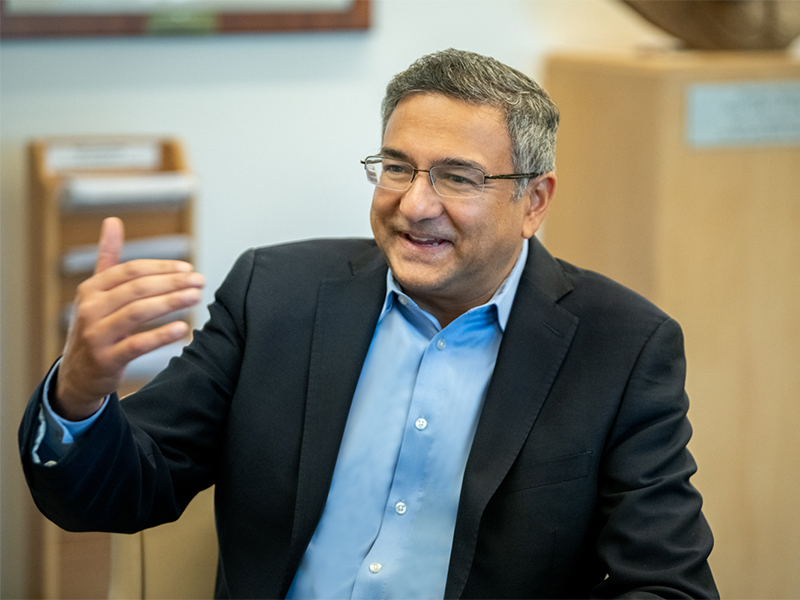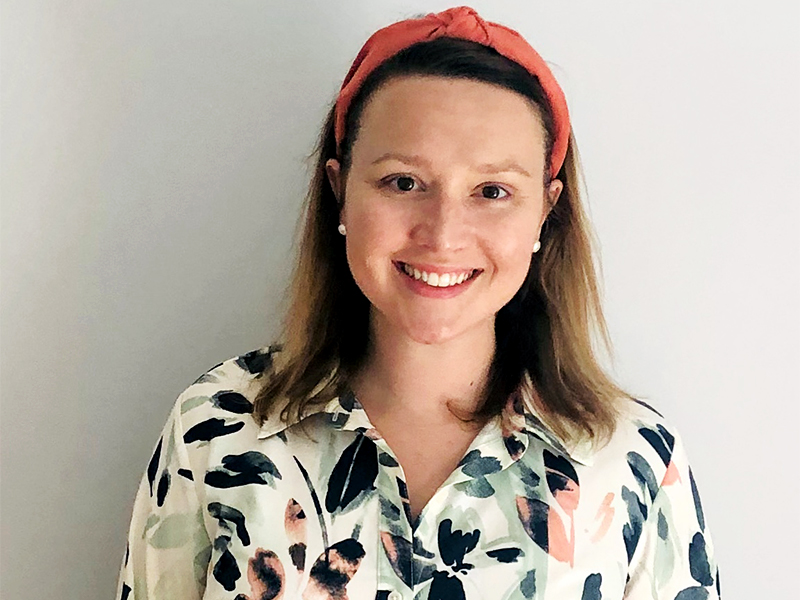By Bethany Romano, MBA’17
Every summer Brandeis University offers intensive academic programs to top-performing high school students, giving them a taste of the college experience at a world-class university while learning about cutting-edge research and engaging in top-of-mind issues.
“This is an opportunity for young people to see what a college course might be like – and for some, it is the first opportunity to think about what a private, four-year institution might be like for them after high school,” says Director Nicole Murphy, MBA’21.
In collaboration with colleagues across Brandeis, Heller faculty and PhD students led the development and delivery of two of the five Brandeis precollege programs offered this year: one on global health, and the other on race, inequality and social justice. “All of the Precollege Programs are designed to challenge bright and curious teens through academic programming,” Murphy adds. The courses are immersive and allow each student to explore areas of interest through an intensive research project.

Both programs called on the expertise of Heller faculty, PhD students and even recent alumni to offer lectures, guide discussions and provide feedback to students. In the Global Health: Science, Medicine and the Social Determinants of Health course, Scientist Cynthia Tschampl, PhD’15, PhD student Yaminette Diaz-Linhart, Charlotte Powley, PhD’20, and teaching assistant Gianna Petrillo ’19, MS’20, laid the groundwork for students to learn about global public health and health crises—topics that have taken on added resonance during the COVID-19 pandemic.
“The onset of the pandemic was the sole driver of our move to offering these programs online – so it was ingrained in the very medium of the program,” says Murphy. “From experts in the field speaking on their experience with contact tracing during the pandemic, to how the social determinants of health were influencing current disparities, COVID-19 was incorporated seamlessly into discussions.”
The Precollege Program staff had to pivot quickly to build a remote program and learning community with the kind of interpersonal connection and trust needed to engage with these topics on a deeper level. “We had to get a bit creative,” says Murphy. They developed ice breakers and team building activities, and established norms such as keeping video screens on, adding preferred pronouns to Zoom usernames, and encouraging students to connect with the material over discussion boards or via recorded video reflections.

The Race, Inequality and Social Justice course was no less relevant to today’s current events. Associate Professor Rajesh Sampath, academic director for the course, says, “Many of these young students are already involved in a range of social justice and social movement issues ranging from Black Lives Matter to climate change. They wanted to acquire skills and knowledge that will prepare them to be future leaders in different sectors.” In the end, the students found the course robust and compelling.
Sampath opened the program with a keynote lecture and led the first session on critical race theory and intersectionality. The week-long course also included lessons on racial justice and social change by Visiting Scholar Callie Watkins Liu, PhD’17; criminal justice disparities by Senior Research Associate Robert Dunigan, PhD'04; and anti-racism strategies and practices and how to engage in difficult conversations on race and racism by PhD student Christian Bijoux. Christine Rostampour, MA COEX’20, supported the course as a teaching assistant.
“We began with a brief history of racial justice movements starting in the early 2010s while assessing the legacy of slavery and segregation,” says Sampath. “We looked at matters of utmost significance of this new Gen Z generation, for example mental health issues in higher education, complex identity formation, the relationship between education and social change, strategies and tactics for anti-racism, and how to have difficult conversations on race.”
As the first Brandeis precollege program on race and inequality of its kind, Sampath says, “We hope to continue these programs and scale them in the future.”
Murphy notes that both programs were built around discussions of social justice. “Young people are a critical component of the work to advance social justice,” she says. “They’re empathetic, compassionate, curious, and tremendously bright. They’re eager to learn – and in my opinion, eager to help change the world. These topics purposefully challenge teens to think critically about issues facing society today.”
